
Climate Economics
The State of the Art
Recommendation
Environmental economists Frank Ackerman and Elizabeth A. Stanton have compiled the most recent findings on climate change into a little book that packs a big punch. It is filled with stunning revelations and the facts that back them. As research methods improve, scientists are learning more about the damage already done to the Earth and its species, and economists are beginning to grapple with how to measure it. New studies show that many critical ecosystems on the planet have probably already passed the survival tipping point. What’s coming at the end of the century is more than an “inconvenient truth”; the authors say it is likely to mean an end to the world as you know it. This is an expert, technical distillation of past and new studies, and, though not a page-turner in the normal sense, it’s a gripping, unvarnished look at the Earth’s possible future. getAbstract recommends this slim volume to those looking for the facts on climate change.
Summary
About the Authors
Frank Ackerman and Elizabeth A. Stanton are senior economists at Synapse Energy Economics, a consultancy specializing in energy, environmental and economic research.








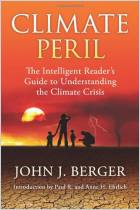
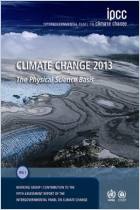
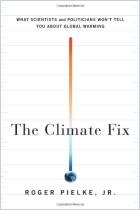
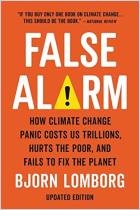
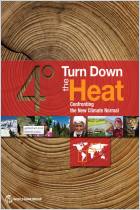






Comment on this summary or Начать обсуждение